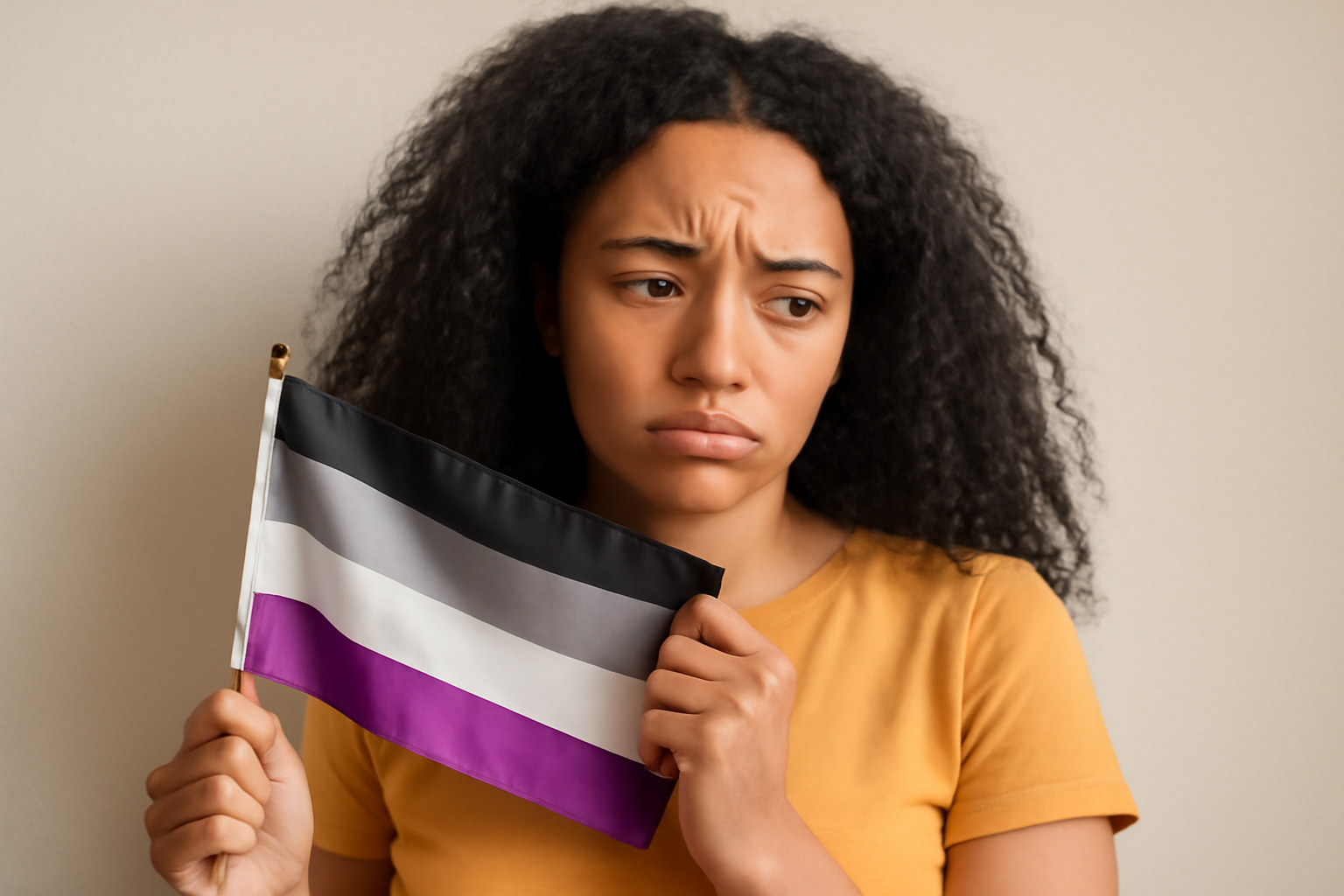
### Celebrating International Asexuality Day: A Spotlight on Aces
April 6 marks **International Asexuality Day**, a time dedicated not just as a celebration but as a beacon raising awareness about asexuality and its place as a valid sexual orientation. This day sheds light on both struggles and invisibility that many asexual individuals face. Folks like Yasmin Benoît are using this platform as a megaphone, highlighting a wide range issues from media portrayal hiccups, down right through common misconceptions surrounding asexuality.
Despite all these efforts, a lot misconceptions about asexuality still stubbornly hang around. Sometimes public figures, even popular authors brush off these challenges nonchalantly. Such naysayers only help in further erasing asexual experiences by reinforcing harmful stereotypes.
### Debunking Myths: Understanding Asexuality
Some people claim that discrimination against asexual individuals isn't real, insinuating that their experiences aren't as valid. But research and personal stories beg you reconsider. There's a 2012 study done on college students that showed asexual people were often "viewed as less human" and undervalued as social partners. This kind dehumanization feeds damaging stereotypes and false representations.
Aces are often portrayed as robotic or alien because they don't feel sexual attraction. Take characters like Sherlock Holmes, who've been denied asexual representation. Some creators argue it would sap away narrative tension. This lack leaves a lingering misconception that asexuality somehow abnormal or needs fixing.
### Media's Role: How Representation Impacts Perception
Negative media portrayals really hit hard, like that notorious "House MD" episode where a character's asexuality gets "cured." After it aired, internet searches about asexuality skyrocketed, bringing with them increased scrutiny. Suddenly, aces found themselves under pressure, often from family members pushing them toward unwanted medical evaluations.
YouTuber David J. Bradley's taken a good hard look at these media misrepresentations, putting their harmful effects under a microscope. These portrayals can lead down dark paths, sometimes even resulting in horrible things like "corrective rape" or conversion therapy, which many asexual individuals tragically endure.
### Navigating Legal and Social Hurdles
Aces also face legal challenges thanks in large part amatonormativity—the pesky belief that everyone should be in romantic, sexual relationships. Many laws still exist which void marriages or partnerships without sexual consummation, robbing asexual individuals rights and benefits.
There has been progress, though. Sweden made headlines when a court ruled in favor a surviving partner in a non-consummated marriage, upholding their rights. But these protections aren't yet widespread.
### Recognizing Discrimination Against Asexuals
Research shows asexual individuals face discrimination across different facets life—be it employment or housing. Some studies reveal that heterosexual people consciously steer clear asexuals, favoring other sexual minorities. This discrimination neatly slots in with broader patterns marginalization felt by asexual community.
Coming out as asexual can be particularly challenging, often met with suspicion or blatant dismissal from peers and family alike. A Yale University study from 2016 really underscored just how tough it can be.
### Embracing Acceptance and Inclusion
Aces aren't claiming they've got it hardest in LGBTQ+ community, but their challenges are very much real and deserve notice. The asexual community seeks understanding and calls out any notion they need "correction."
At heart, aces simply desire love and friendship and, above all, freedom be themselves—without judgment. By embracing and understanding their unique struggles, we pave a path towards a more inclusive, supportive environment everyone can flourish in.
